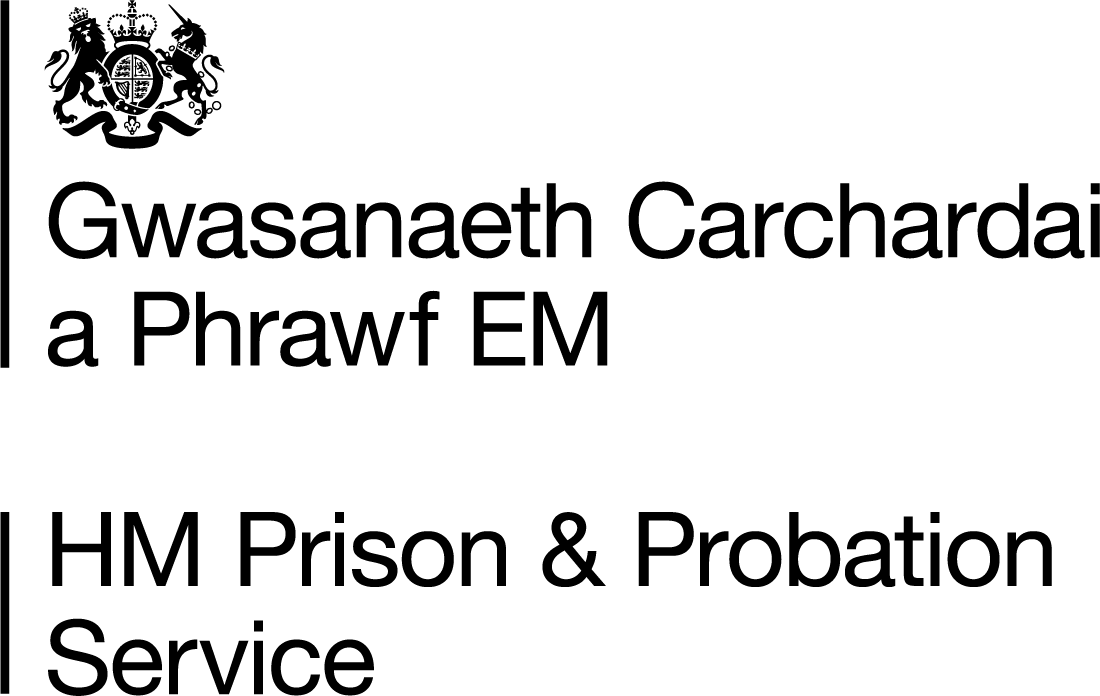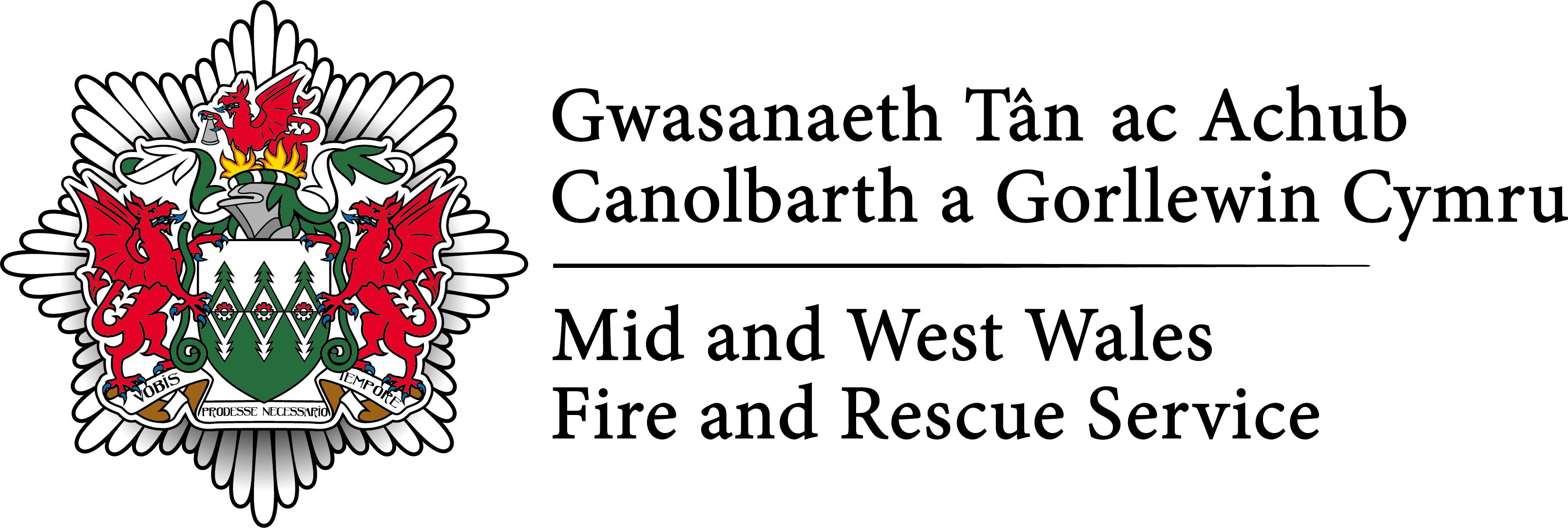G4S Community provides a range of services across Wales, delivering psychosocial interventions that support people involved with or at risk of becoming involved with the Criminal Justice System. The Mental Health Treatment Requirement (MHTR) is one such service.
Initially delivered as a pilot in Western Bay, underpinned by Home Office funding via Project ADDER, the MHTR service has grown to span all four regions of Wales. The service, comprised of 16 Assistant Psychologists and 1 Clinical Psychologist, has received more than 540 referrals for mental health support for people coming through Welsh Courts within its first year.
Amongst the data the MHTR service collates, an interesting trend has come to life, reflecting an increasing need for better support and understanding of women committing first offences and experiencing perimenopausal symptoms and/or going through menopause.
G4S Community guest article:
The Wales-wide Mental Health Treatment Requirement (MHTR) service continues to deliver strong results for people sentenced to receive valuable mental health support as part of their community sentences. In less than 12 months, the MHTR service has received more than 560 referrals across the four regions of Wales, a staggering number that reflects just how valued this new community-based service has become.
The increasing demand for the service is reassuring and has allowed our management team to identify several interesting and informative trends thanks to our data collection. While we continue to explore the data, much learning can be taken from the trends already unearthed.
Through our data, we have found…
- Males in their 20s are presenting with an ADHD diagnosis or they believe they have ADHD. We are also seeing a pattern of combined substance use within this cohort of people.
- Several women with first-time offences have reported experiencing menopause or menopausal-like symptoms that have not yet been officially diagnosed as menopause.
- A high prevalence of trauma. Formal diagnoses represent some of this. However, the majority is observed in the high level of Adverse Childhood Experiences (ACEs), particularly physical and sexual abuse.
- Assistant Psychologists (APs) report people referred to our service for assessment increasingly report having a Personality Disorder (PD) diagnosis, indicating the prevalence of this diagnosis in our client group. Furthermore, this has emerged as a training theme for our APs.
As G4S Community, and as the providers of the MHTR service, we feel particularly interested in the trend around women reporting menopause or menopause-like symptoms during their support sessions.
One woman referred for the MHTR in line with a drink-driving offence, reported high levels of anxiety including sleep difficulties and hopelessness. After the incident that led to her arrest, she later recognised that a combination of symptoms impaired her decision-making abilities. Since being on HRT prescribed by her GP, she’s reported improved symptoms.
Another woman told us she’d been struggling with menopause for a while and felt increasingly worried by her anger outbursts. She commented that prior to the menopause she would notice warning signs that told her she was getting angry but during and since menopause those warning signs were harder to identify.
We’d like to explore just how widespread this issue could be for women, through both the MHTR service and through several of our other services including our two core substance use services – Dyfodol and GDAS. Using focus groups and interviews with women receiving support, we are keen to understand whether women supported by these services have or are experiencing similar symptoms. If so, at what stage did the symptoms begin, helping us to identify whether untreated or unsupported menopause or related symptoms could have led to initial involvement in substance use, and subsequently, criminal justice.
Clinical Psychologist and MHTR Clinical Lead, Cormac Duffy:
“We have observed a trend of women experiencing menopause coming into contact with our service. Many of these women are accessing the service often in relation to what is their first offence. This raises important questions about the potential unmet mental health needs of this group, such as more targeted support that considers the complex intersection of menopause, mental health, and the justice system.”
One of our foundational views in doing our work is that there is always a reason why people encounter our services. Yes this is due to an incident, an offence or perhaps it is due to substance use, but other influencing factors need to be identified, explored and supported. There is always a future for everyone we encounter. An arrest, a conviction or a sentence can be a catalyst for support that can help bring about stability, change and resilience, helping the individual, their families and their communities, reducing crime and creating safety.










